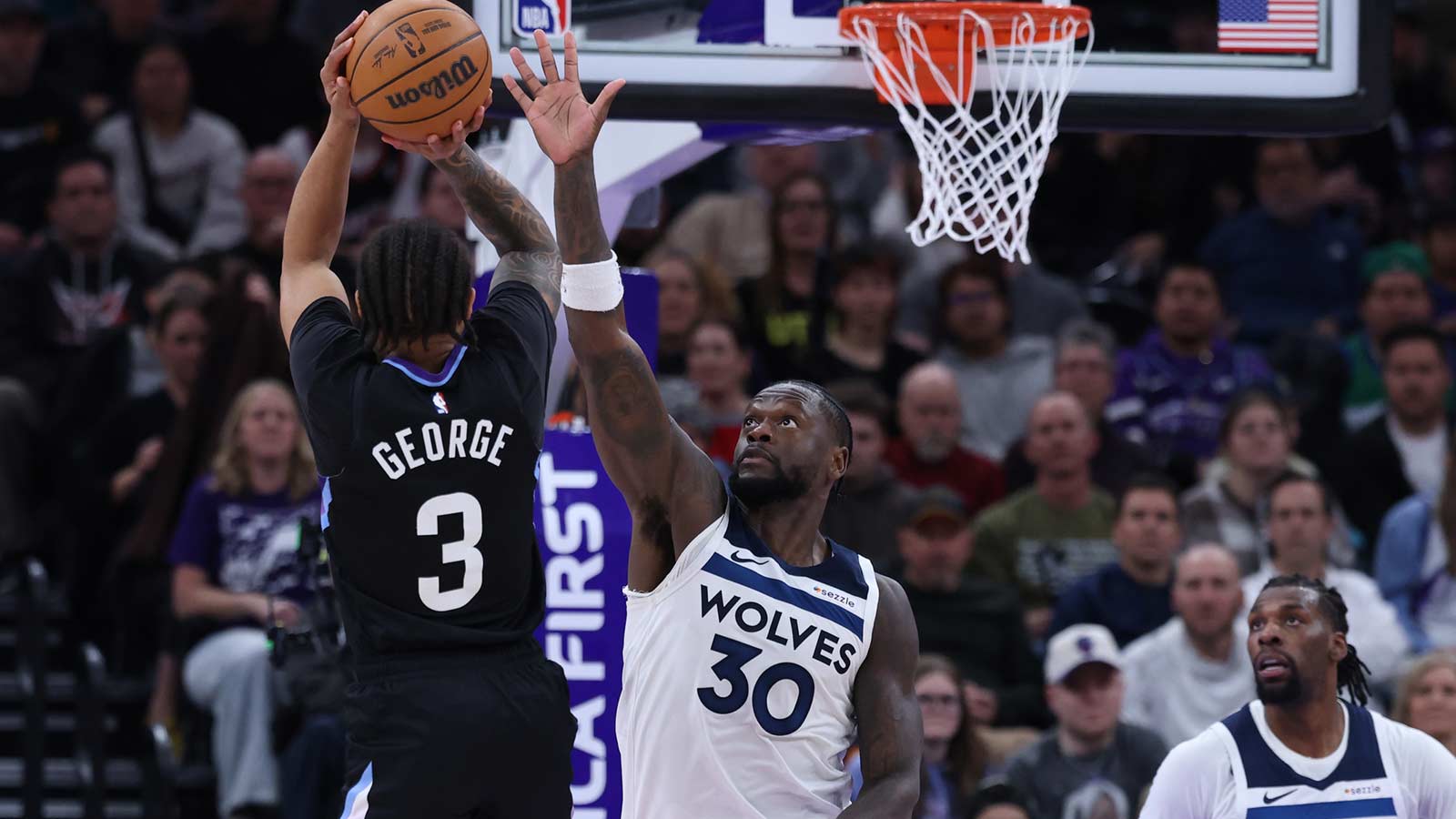In the summer of 2014, Gordon Hayward had entered the open market for the first time in his career as a restricted free agent.
During that time, he was instructed by the Utah Jazz to go fetch an offer sheet, which he did and signed a four-year, $63 million deal with the Charlotte Hornets. However, the Jazz matched the offer to bring him back in their fold.
In a recent interview on The Woj Pod, Hayward revealed the way Utah handled the situation bothered him for quite some time. As transcribed by NBC Sports:
“It lingered for maybe a little bit of time at the beginning of when I signed it. There was none of those feelings were there this time around.”
“Restricted free agency, it’s a little weird.”
“As a player, you’re sitting there thinking like, ‘What the hell?' You look at all these other players where teams are like, ‘He’s our guy.' Like, ‘We’re going to give him the max.' Blah, blah, blah. And I’ve got to go out and get one? Like, ‘Do you not believe in me?' Like, ‘Do you not feel like I’m the guy for you?'”
“From a team’s perspective, it’s the smartest thing to do. Like, ‘Why would we overpay you until somebody else makes us, essentially?' You know what I mean?”
“So, I can for sure see it from both sides. But restricted free agency is weird.”
Hayward understands both ends of the spectrum on the situation but does get the sense that he felt underappreciated by the organization. The fact that they told him to go get a max contract elsewhere shows there wasn't much of a priority to work that out with him.
In the three seasons that followed, Hayward had a significant uptick in his production that helped put him in the position to earn a four-year, $128 million deal from the Boston Celtics. At the same time, the Jazz's handling of that situation may have played a part in his departure from the team.
The decision to sign with the Celtics has put him in the position to compete for an NBA title on one of the top teams in the league. It looks like a misstep by the Jazz cost them a chance to develop something special rather than take a big step backwards.




















